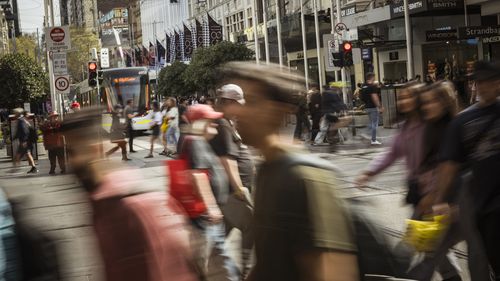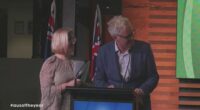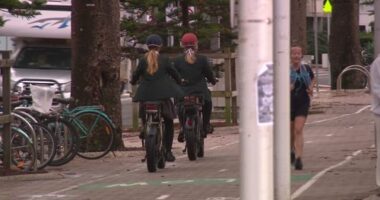Share this @internewscast.com
In the fiscal year 2022-23, the Australian Taxation Office (ATO) amassed $81.7 billion. The latest federal budget anticipates this figure will escalate to $94.1 billion in the current financial year, eventually nearing $100 billion by 2026-27.

Numerous products and services remain GST-free, such as fresh produce, private health insurance, childcare, sunscreen, and charitable gifts.
Nolan highlighted a few key areas contributing significantly to the disparity.
“For households with lower spending or income levels, the primary factor causing this gap is the type of food they purchase,” he explained.
“In contrast, for those with higher spending and income, exemptions related to education and childcare are more influential.”
Consumption taxes are generally considered to inflict minimal economic harm, and Australia’s GST, at 10 percent, is notably lower than the OECD average of 19.4 percent.
Under the proposal, every adult would receive a $3300 “basics rebate”, effectively providing a $22,000 GST-free threshold to ensure low-income households weren’t left worse off.
Similarly, Nolan and Clyne called for all exemptions to be removed and to provide an annual rebate of around $900 to all adults, while keeping the rate set at 10 per cent.
They said the measure would be budget-neutral and remove the unfairness of the current system.
“In this scenario, people who earn and spend less are made better off, while those who are higher earners and spenders end up contributing additional tax,” Clyne said.
“This is just one example of how GST could be redesigned so it no longer depends on what people buy.
“The exact form of compensation is up for debate, but it’s clear we can reduce these horizontal inequities without punishing the most vulnerable.”










